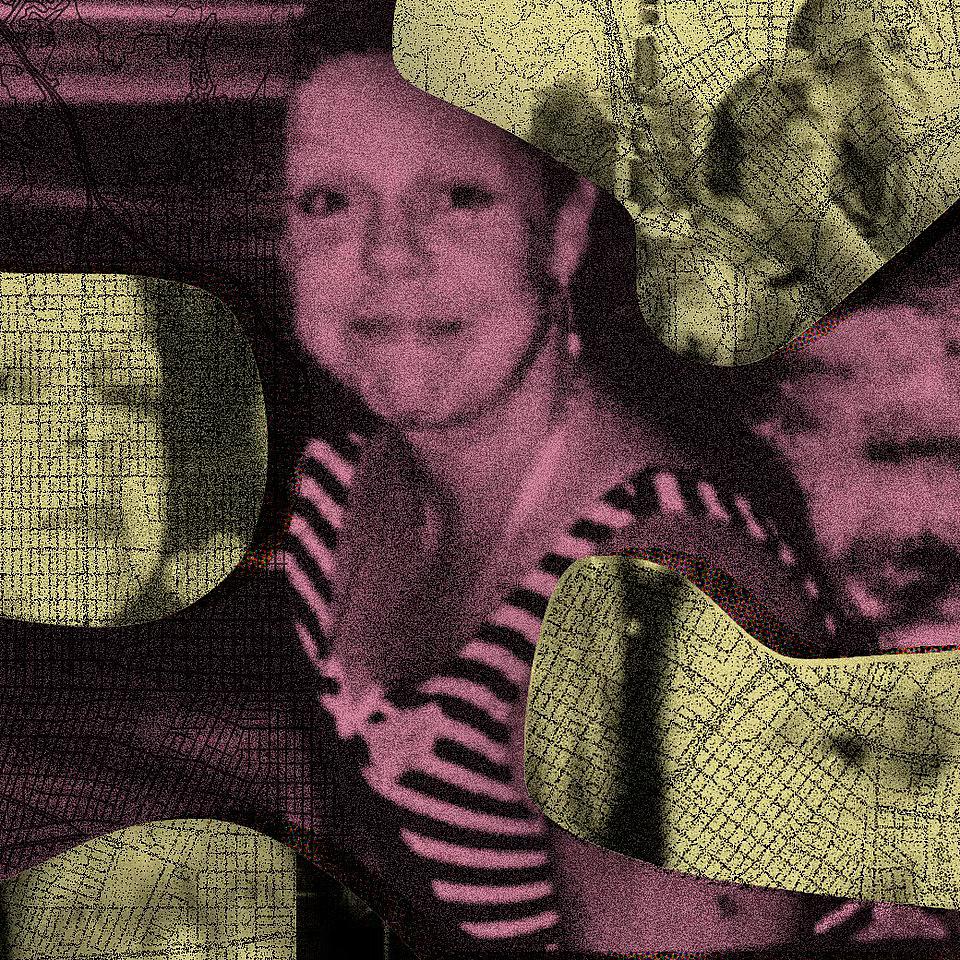Town Hall Ventures’ Andy Slavitt on how to invest in Medicaid and health tech
This story was originally published in STAT NEWS with support from the USC Annenberg Center for Health Journalism’s 2022 National Fellowship.

Andy Slavitt, founder and general partner at Town Hall Ventures and former CMS acting administrator
ANDREW HARNIK/AP
SAN FRANCISCO — Part of Andy Slavitt’s core mission at Town Hall Ventures is proving that health tech companies can make a viable business out of reaching low-income people who also face social challenges, like a lack of housing or nutritious food options. It’s a bold assertion that hasn’t been proven out yet, though a handful of Town Hall Ventures’ portfolio companies — including Unite Us and Alphabet spinout Cityblock — have already achieved valuations over $1 billion.
The stakes are growing steadily higher, especially for the millions who signed up for Medicaid coverage during the public health emergency and who risk losing it as temporary expansions end. And by investing in teams they trust to embed in vulnerable communities, build culturally sensitive products, and develop sophisticated analytics to assess social needs, Slavitt and his team are hoping to set an example for other venture funds who have historically avoided Medicaid.
“The clinical answers are not so hard. I can’t emphasize that enough,” Slavitt said. Though the diagnoses affecting low-income patients are largely the same as the ones affecting those with commercial insurance, the health care system isn’t set up to accommodate homeless people, or medically complex pediatric patients in health care deserts, he said.
“What’s different largely speaking is that being poor really sucks and being miles away from anyone who can really care for you really sucks and needing to fill out 10 forms to get housing or child care or any of these other things is a big deterrent to getting care,” he said. “A system that doesn’t welcome you, doesn’t recognize where you live, really doesn’t work.”
From an investment perspective, he said, there’s potential for a “decent margin — not a huge margin” in helping the country’s roughly 90 million Medicaid patients get better preventive health care, avoiding more expensive treatment in the future. “There’s no bigger market than Medicaid,” he said.
STAT spoke with Slavitt in San Francisco, where he and other investors and health care executives descended earlier this month for the J.P. Morgan Health Care Conference. This conversation has been edited for length and clarity.
What types of companies do you think are best equipped to solve these problems?
The good news is there’s an awakening that the most needed area of investment is also investable space. Not everyone has figured it out.
There’s two types of ways of thinking about investing. One starts with how do I find a market opportunity and make a lot of money? And the other starts with is there a really big problem that I can figure out how to solve? Not every problem in health care will be solved with innovation. But some can, and the ones that can are the ones where you’ve got a clinical, social, behavioral model that addresses the need of a specific population where there’s also some payment model that allows you to meet those needs.
If you look across Medicaid, you can follow the journey from moms to babies, pregnant moms to pediatrics, complex pediatrics, then school-based programs, justice and teen mental health programs, disability, all the way up to [dual Medicare and Medicaid eligibles and eldercare]. We have activities in all those buckets. We have investments in most of those buckets.
Finding people who really understand these problems at a really operational finite level [is important]. Take a company like Cityblock Health. There are several thousand available housing units in New York that don’t get used for homeless people because they’re only available for people with a psych diagnosis. And in order to get a psych diagnosis, you’ve got to go find a psychiatrist in New York, then make it to the appointment, then it gets rejected. … They’ve got a team of psychiatrists that do that, nothing but that, and they get people into housing.
How will you know you’ve been successful?
If we’re massively successful, [Town Hall] will invest a few billion dollars over our life into these communities. We need hundreds of billions of dollars invested, and there’s all this capital that sits there trapped [in the health care industry] … or is repatriated to shareholders because these are incredibly profitable companies. And they come into these communities and they take the profits out. Money needs to be reinvested back into these communities.
Do the communities you’re focused on use technology any differently than wealthier ones?
SMS is less expensive to use than a browser. There are subtleties. I went out to the field with a Cityblock community health partner and I said, “What’s your favorite part of your job?” And she said, “My iPad.” I don’t hear that a lot in health care, but she said, “I bring this into someone’s apartment and I can build access to the whole world for them. I can connect them to the thing they need, I can order something for them on the spot and they can see action. I can communicate with their daughter who is a big user of technology.”
Amazon has a lot to teach us in coming into health care because they know how to deploy technology in ways that don’t feel like technology.
How are the metrics you use to evaluate companies different from other markets?
It’s imperfect and it’s a little bit of a moving target. We started in earnest on it probably a year ago. We got more resources on our team to be able to collect the information from our companies. It was always part of the process but if you’d asked me the question for each one how are they doing, I wouldn’t have been able to give you a great answer.
One easy tell, when I talk to a company, is, “Tell me what it is.” Plume, which is a trans health company, they’re like, “we have to reduce anxiety and depression scores very fast.” So they measure that like crazy. If I look at Eleanor Health, which is focused on addiction and recovery treatment, what they basically want to get to is lower craving levels. They don’t measure urine tests [as much] … they’ve learned that the frequency of touch points with people at various stages of their addiction recovery is really important, so they’ll measure that.
There’s a set of consistent metrics, but you’ve got to respect them to tell their own story. At some level they’re going to know their business better.
If I don’t hear that they’re measuring Net Promoter Score rabidly in the right way, it tells me, OK there’s some other way you’re getting paid than doing your job.
There’s questions we ask every company like diversity on your management team, diversity on your board, diversity at each level, diversity of promotions. There’s usually other investors at the table, and I’m pretty sure they’re going to ask the question about “how’s your sales acquisition doing?” But my first questions will always be what I think is important. You have to hire diversity, particularly in the early stages, and then their networks will come in. But you have to force it.


